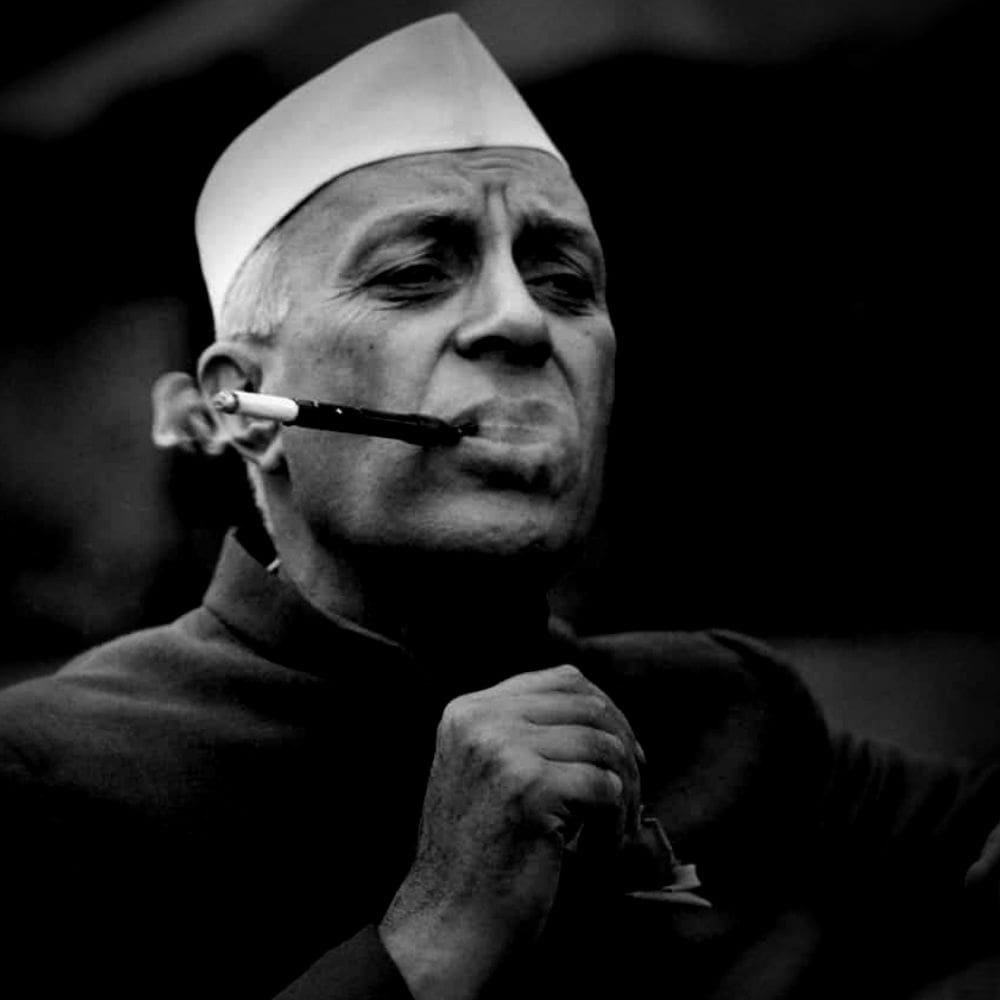POLITICISATION OF THE ARMY
Politicisation of the army high command was one of the reasons India performed miserably in the India-China War. Instead of heeding sound military advice, Nehru and Menon had put in place submissive officers at the top in the military, who would carry out their orders. Krishna Menon ill-treated people. He was offensive to the top-brass of the military. He antagonised many through his acerbic comments, sarcasm and supercilious behaviour. He had publicly humiliated top brass of the army. Eventually, some of their chosen submissive officers contributed to the humiliation of India.
General Verma had dared to write to the higher authorities the facts of poor operational readiness. He was asked to withdraw his letter. He refused and wanted the letter to be put on record. That honest, forthright and very capable officer was victimised—ultimately he resigned. Wrote Inder Malhotra:
“To cap it all, it was Menon’s penchant to play favourites that was responsible for the disaster of Lt.-General B.M. Kaul, with hardly any experience of combat, being appointed the commander in the battlefield and retaining that position even when he was lying ill in Delhi.”
It was the same Nehru protégé General BM Kaul who, to please Nehru, took forward the ‘forward-policy’, was responsible for the ‘Dhola’ disaster, and landed India in a soup. BM Kaul had replaced General Umrao Singh, an able, upright professional, who had been removed for not falling in line with what the political leadership (Nehru and Menon) wanted—he had objected to the reckless putting up of forward posts. Having undertaken to do what Umrao Singh had hang-ups about, Kaul could not very well turn around and express difficulties. Someone who would play the politicians’ game was urgently needed and Kaul had willingly stepped into that role.
Wrote GS Bhargava in his book ‘The Battle of NEFA’:
“…a new class of Army Officer who could collude with politicians to land the country in straights in which it found itself in September- October 1962. Since qualities of heart and head ceased to be a passport to promotion for military officers…the more ambitious among them started currying favour with the politicians.”


